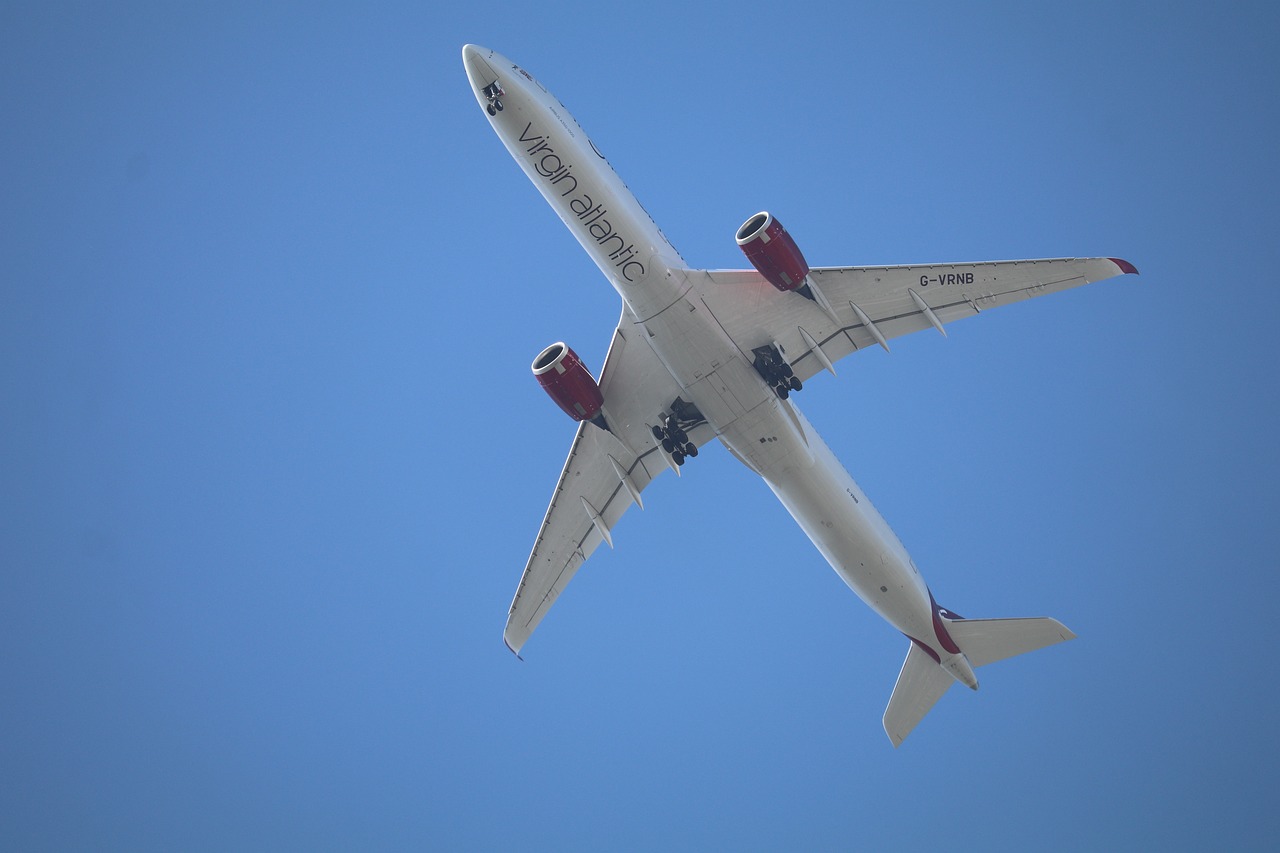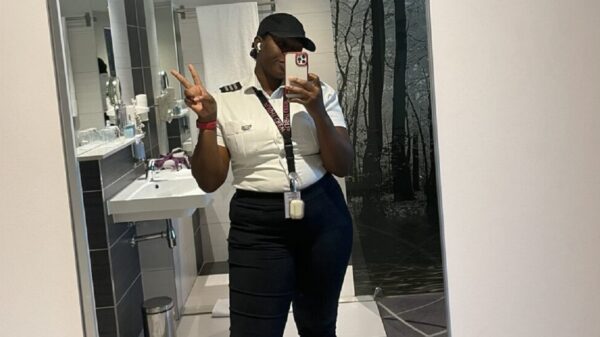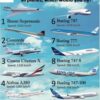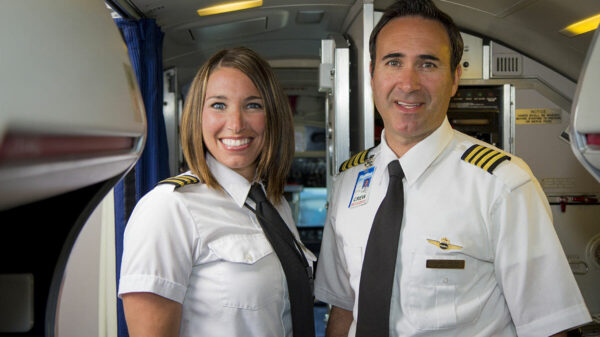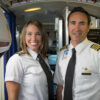In a harrowing incident during a Virgin Atlantic flight from Montego Bay, Jamaica, to London Heathrow in January 2022, Stuart Harris, 55, from Cambridgeshire, suffered excruciating burns from scalding hot coffee. This unfortunate mishap occurred towards the end of the lengthy nine-and-a-half-hour flight during the breakfast service, leaving Mr Harris deeply concerned about passenger safety.
Following a legal battle and the presentation of expert medical evidence, Virgin Atlantic agreed to compensate Mr Harris with over £4,000 under the Montreal Convention, which places airlines under strict liability for onboard accidents leading to injuries. Initially, the airline dismissed his claim. However, they eventually had to acknowledge their responsibility for the incident and raise their settlement offer after facing resistance from Mr Harris’ legal representation.
Recalling the distressing moment, Mr Harris stated that the cabin crew continued to serve hot beverages despite the seatbelt signs being on due to turbulence. He expressed surprise at this decision, as the potential dangers were evident. As he requested his coffee and the cup was placed on his tray, the aircraft encountered turbulence, causing the coffee to spill all over his legs and lower torso. The scalding liquid caused immense pain and discomfort, leaving Mr Harris in agony as the burn spread around him.
The cabin crew responded promptly, offering him a special burn dressing, but applying it proved challenging. After arriving home, Mr Harris endured weeks of healing as his skin blistered from the burns. Although some residual scarring remains, he is grateful for the support he received.
Mr Harris was unaware he could seek compensation until he read about a similar incident involving a young girl scalded by spilt tea on a Ryanair flight. As a result of this incident and his own painful experience, he is now calling on Virgin Atlantic to prioritise passenger safety by serving hot drinks in cups equipped with secure lids. He praised Ryanair’s safety measures, where cups had caps, but protective gauze covered the drinking aperture, significantly reducing accident risk.
However, Mr Harris acknowledges lids themselves can pose risks if not secured properly, as evidenced by the case that first brought this issue to his attention. The Ryanair cabin crew inadvertently failed to secure the lid in this incident.
Anne Thomson, the solicitor representing Mr Harris, emphasised that hot drink spills on aeroplanes are not uncommon and can have severe consequences, affecting travellers’ holidays, plans, and even their ability to work. She firmly believes that this incident falls under the category of an accident according to the Montreal Convention, justifying Mr Harris’ claim for compensation.
In light of this incident and others like it, airlines must take proactive measures to enhance passenger safety during in-flight beverage service. While lidded coffee cups are a step in the right direction, ensuring proper lid security and considering additional safety measures, such as protective gauze, should be paramount.
Virgin Atlantic has not responded to Mr Harris’ call for improved safety measures. However, the incident has sparked a conversation about airlines prioritising passenger wellbeing. As air travel remains a standard mode of transportation, airlines must continually reassess and enhance their safety protocols to prevent such avoidable accidents in the future.


